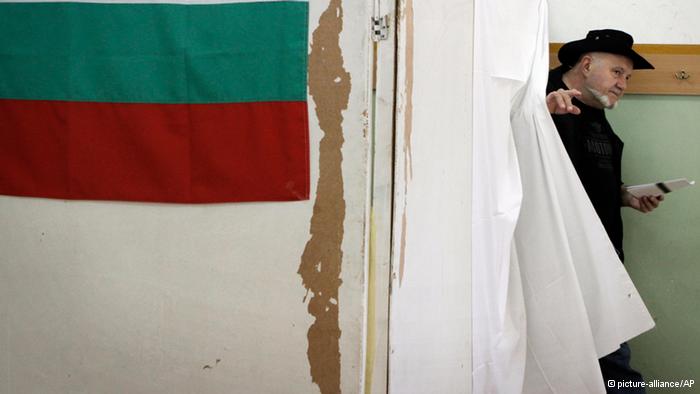Bulgaria: What to Watch for in the November 14 Elections
Although the third for the year, on November 14 for the first time the elections will be 2 in 1 – for president and MPs. The vote is taking place at the peak of the fourth wave of coronavirus in Bulgaria and anti-epidemic measures will again be observed, and the number of those who voted with a mobile ballot box will be clear on election day.
For the second time, the voting in the sections with 300 and more voters will be only with machines, but for both votes the voting procedure will be with one device, and it will be necessary to indicate what to vote for and wait for the printing of two receipts. Therefore, it is expected that the process will be slower, and if the cases of patients in the coming days increase – this will affect the turnout.
In front of the voters
The third election of the year will be held at the peak of the fourth wave of the coronavirus epidemic, which may be a cause for concern among some eligible voters. For now, there will be no stricter anti-epidemic measures in the polling stations and they will remain known until now – wearing masks, disinfection, distance and frequent ventilation in the premises. From the previous two votes it cannot be concluded that the incidence will be denied by voters, as on April 4, when the peak of the third wave was, voter turnout was 50.61%, while on July 11, when there were few registered cases – only 42.19% .
Quarantined voters will be able to ask to vote with a mobile ballot box at the address where they are isolated, even on election day. It would be an obstacle if by the day of the vote in a given settlement there is no section for quarantined, as a condition to have only 10 applications submitted before. However, the Central Election Commission did not know whether it would be possible to open so many quarantined sections in recent weeks.
For the first time this year, the elections will be 2 in 1 – for president and MPs, which could lead to delays and queues in some sections. In the sections with 300 and more voters, the voting is only with machines, and the voting time is expected to be 5 minutes again.
There are two points that a voter using a device should be aware of. The first is at the beginning, when the machine asks which type of election the voter wants to vote for and whether for both – he/she can mark once and by continuing, confirm, after which he/she has no right to correction. The second is when printing the segments with the choice at the end – if the voter has exercised his/her right to vote in both votes, he/she must wait for the machine to print two receipts – one short and one longer, and pull them out after hearing a beep. If it does so while printing, the machine may lock.
The voter will also have a problem if he/she decides to take pictures of how they vote, as the recording of the vote is prohibited and the sanction is BGN 1,000.
Possible problems for the election commissions
There seem to be two main challenges for sectional election commissions – one is related to the machines and the other is to the counting of the voting receipts.
The problems with the machines can be of different nature – technical malfunctions, errors in the lists as on April 4 in Veliko Tarnovo, when there were exchanged names and numbers in one of the candidate lists, errors in cleaning, which can only be done with alcohol, etc. . A technician will be available, but if the fault is not rectified, a paper ballot will be put to the vote following a decision by the district or central commission.
Difficulty and delays in reporting the results would be caused by the decision to count all machine voting receipts, which were taken by the Central Election Commission but revoked by the Supreme Administrative Court. The commission should now determine in how many and in which sections the control receipts should be counted, and the result will be taken from the protocol printed by the machine, and the result of the control count will not be entered in the protocol.
However, the count will slow down the section commissions where it is done. After the end of the election day, the commissions will have to open the box with the receipts, divide into two piles those for the presidential and those for the parliamentary vote and then count, without taking into account the preferences for MPs. According to experts, voluntary or unintentional human errors are possible during the counting, as well as manipulations by destroying part of the receipts. This will certainly delay the transmission of the results to the district election commissions.









Comments